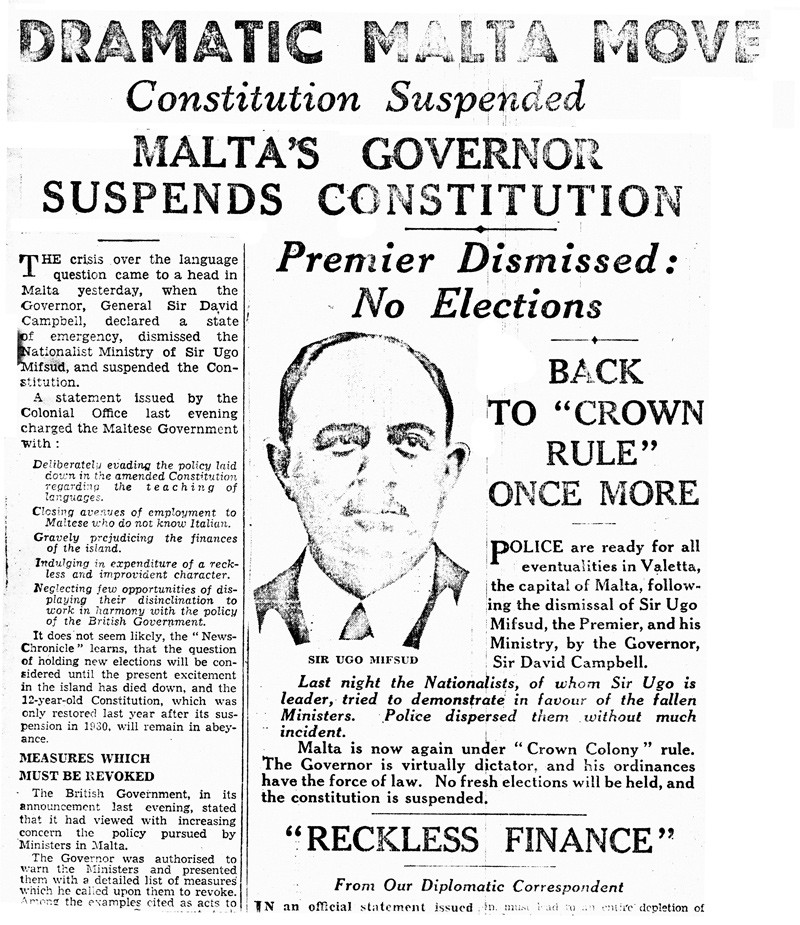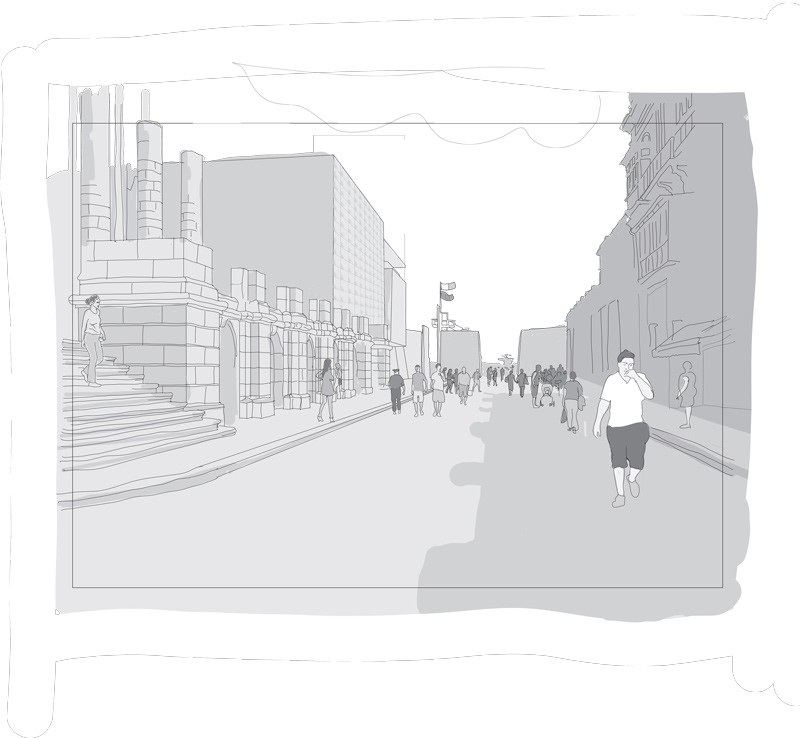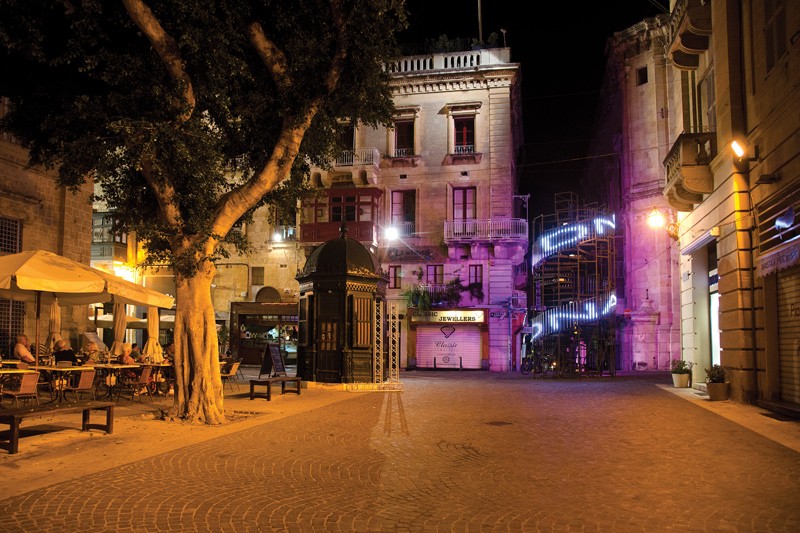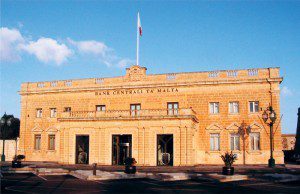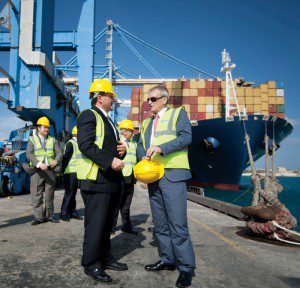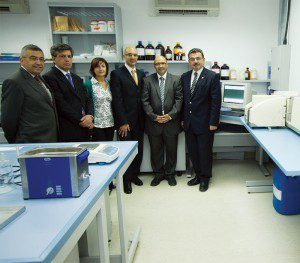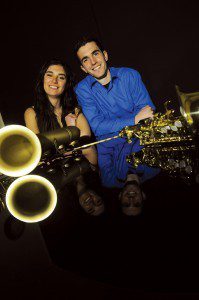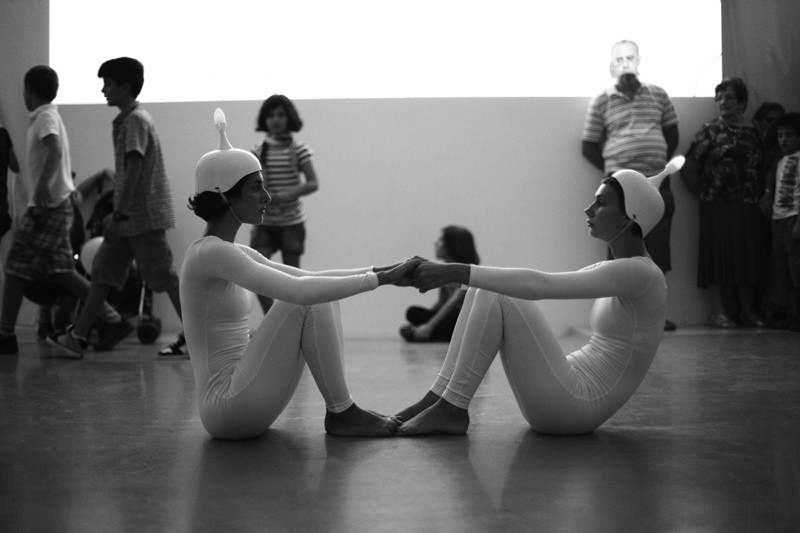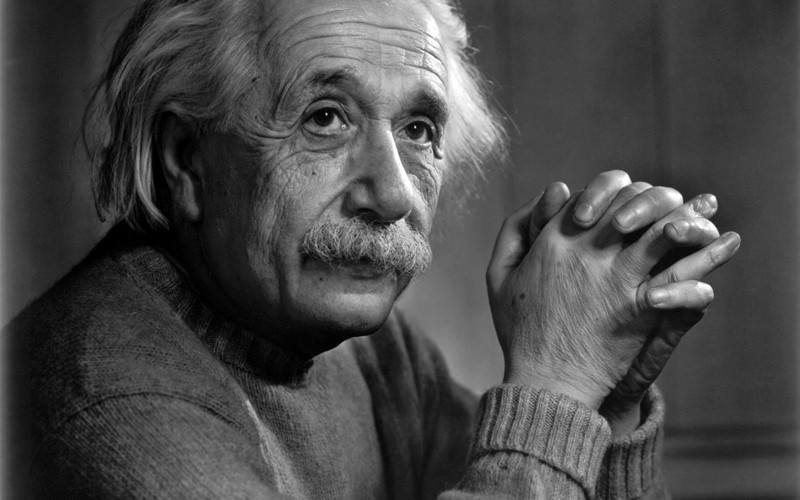Maltese history: not as we remember it
Patricia Camilleri meets up with Professor Henry Frendo to look behind the making of his new book Europe And Empire: Culture, Politics And Identity In Malta And The Mediterranean
Cultural Infrastructure for Mega-events
Graziella Vella for the Valletta 2018 Foundation
Science in the city 2012
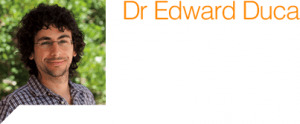 On the 28th September, Malta’s Science and Art festival launched to over 12,000 people, as part of the EU-wide celebration Researchers’ Night. Science carnival parades, busking, art installations, performances and more filled Malta’s capital with over 20 events — bleeding into the Notte Bianca festival. Science and art are usually seen as two separate cultures. Some humanities branches have directly rejected it, but other fields are embracing science. In Malta, top artists leafed through books, or had a chat with University of Malta scientists to find sources of inspiration (or criticism). Valletta became filled with giant fruit flies and DNA strands (Climbing your DNA). You could even have sat down, had a coffee, and pondered why there were acetate brain slices hanging in front of Malta’s National Library. The city could be viewed through a different lens for a few days.
On the 28th September, Malta’s Science and Art festival launched to over 12,000 people, as part of the EU-wide celebration Researchers’ Night. Science carnival parades, busking, art installations, performances and more filled Malta’s capital with over 20 events — bleeding into the Notte Bianca festival. Science and art are usually seen as two separate cultures. Some humanities branches have directly rejected it, but other fields are embracing science. In Malta, top artists leafed through books, or had a chat with University of Malta scientists to find sources of inspiration (or criticism). Valletta became filled with giant fruit flies and DNA strands (Climbing your DNA). You could even have sat down, had a coffee, and pondered why there were acetate brain slices hanging in front of Malta’s National Library. The city could be viewed through a different lens for a few days.
There are other ways science and art can interact. Science and technology can be used to explore art and analyse it. Van Gogh’s Sunflowers was recently examined by chemists, identifying why the pigment was becoming a mucky brown, shedding insight on how to reverse the degradation and bring back the artist’s true vision. Artists and scientists can come together to collaborate on new research. Recently in Ireland, a weaver visualised a large data set by making a huge tapestry. The scientist then analysed the giant carpet to interpret her data. Art can also be an excellent way to explore the ethical implications of science — its potential harm, benefit or relation to society.
Science in the City was simply a start that dipped its toe into this new pool. It saw researchers and students combine their efforts with artists and performers to bring together a range of events (read about Alexandra Fiott’s experience on pg. 23). Nine scientists appeared live on prime time TV to talk about their research with prominent entertainers Angie Laus and Pawlu Borg Bonaci. From within large crowds, science students performed science demonstrations, while MCST (Malta Council for Science and Technology) held a highly successful science fun fair for kids, with another kids activity at Auberge D’Italie by MARes (another EU funded project). Scientists met politicians at Science in the House organised by the Malta Chamber of Scientists. There were talks on the health benefits of local honey by Simone Cutajar (science graduate), mathematics and piano recitals by Tricia Dawn Williams, electronic and flute performances from Italy with compositions based on the Chaos Theory that explains hurricanes, and a bit more. The big night was followed up by talks and discussions. Ira Melkonyan spoke about the new field of BioArt while there was even a discussion on human cloning after the play A Number by Caryl Churchill. Over the next few pages, THINK has selected the major artworks created for Science in the City.
Words by Dr Edward Duca, full disclaimer: author is the project manager of Science in the City.
Part of Science in the City, Malta’s Science and Arts Festival
For more stories click here
Find out more:
– HOW?
– DESTROYING BOUNDARIES THROUGH SCIENCE IN THE CITY
Supporting the RIDT… BECAUSE RESEARCH MATTERS
When researchers are at work, they are taking steps that will eventually change our lives. Some steps are very small and will take years to complete, while others are faster and larger. Researchers are part of a global process that will provide solutions to a multitude of challenges. They can resolve our problems to provide energy, safeguard the environment, maintain food supplies, improve healthcare, and sustain efficient transportation. These solutions need innovation and the research that fuels it; this is the only way for societies to survive… let alone thrive! Our future needs hard work and new approaches, ‘doing what we’ve always done’ will not be enough.
The globe’s successful economies all invest huge amounts of money in research; much more than Malta, even if scaled to our economy. Locally, research is particularly relevant since we all know that Malta’s only real resource is the resilience, ingenuity, and diligence of its people.
THINK magazine helps pay tribute to the valuable work of researchers within the University of Malta. Over the centuries, the University has supplied Malta’s intellectual driving force. This institution has produced the graduates who have transformed a small barren archipelago into a civilised developed country within the European mainstream. Apart from a strong academic orientation, the University of Malta is an increasingly important centre for world-class research projects, across a wide range of disciplines. The University also collaborates with other major seats of learning, educational centres and institutes in a number of significant projects. This publication is committed to expose research and its social benefits.
| How can you help? |
|
If you share our objectives, please consider what you or your organisation can do to help us to achieve them.Has the University of Malta helped you arrive at where you are today? You can donate financially through the RIDT website. There you can choose whether your contribution goes to the current priorities of the RIDT, or to a faculty, institute, or centre of your choice.Why not consider leaving a contribution to the RIDT in your will? Talk to us for more details. Your gift, of whatever size, will play an important part in enabling the University of Malta to increase its research activities and to develop the necessary environment for excellence.
You can donate and get to know more about the RIDT by visiting www.ridt.org.mt |
For the University of Malta to fulfil its true ‘University of the Future’ role, a much greater emphasis on research and innovation is needed. This will serve as a catalyst for on-going development and progress. For this future to happen, society, and the individuals within it, will need to support the University of Malta’s thrust to prioritise research and innovation. Malta will then achieve a better, more sustainable, and ‘higher value added’ future.
The Research, Innovation and Development Trust (RIDT) has been set up with this specific goal: to engage with all sectors of society in a drive to support research activity. During the past year the RIDT has managed to secure an encouraging number of supporters who have made a donation towards its mission. Private companies, public institutions and individuals have come forward with their donations — large or small — because they believe that for a country to thrive and prosper it needs the backing of a strong University that maintains its role as a higher education institution and as a centre for research and innovation.
During 2012 the RIDT received an encouraging number of donations from individuals, companies and public institutions. The University recognises the generosity of donors and would like to publicly thank them. Together with these donors mentioned here, the RIDT received a number of donations from individuals and organisations that preferred to remain anonymous.
The Central Bank of Malta
The donation of the Central Bank of Malta will go towards the establishment of The Central Bank of Malta’s Chair in Economics at the University of Malta. The chair will be instituted within the University’s Faculty of Economics, Management and Accountancy. The agreement will run for five years, starting 1st October 2012.
Malta Freeport Terminals Ltd.
Malta Freeport Terminals Ltd will be supporting the Research, Innovation and Development Trust (RIDT) of the University of Malta, over a five year period starting 1st January 2013. The funds will be received through the University’s Research Trust, and will be administered by RIDT’s Board of Trustees.
Evolve Ltd.
Through the RIDT, Evolve Ltd, a subsidiary of Attard & Co that provides laboratory products and services, donated three instruments to the Chemistry Laboratory of the University of Malta. The instruments include a Gas Chromatograph, a Particle Sizer and a FTIR (Fourier Transform Infrared Spectrophotometer). The new equipment will enable the Department of Chemistry to increase its research activity while providing better facilities for post-graduate students.
Two university students, Christine Zerafa and Philip Attard, came up with a brilliant idea earlier this year. They put their musical talents to good use and managed to raise funds that were donated to the RIDT. Christine is finishing her Ph.D. in Chemistry and has recently obtained a Master’s degree in performance music, making her an accomplished concert pianist. Philip is doing a Bachelor’s degree in Music Studies and is fast becoming one of Malta’s leading saxophone players.
Glowing rabbits, inverted geometry, and feeling normal
Words by Ira MelkonyanContinue reading
Did Albert Einstein say we only use 10% of our brain?
Probably not.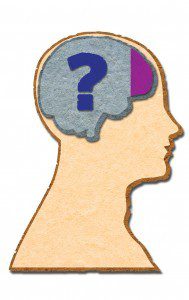 It has been misattributed to Einstein to explain his great intelligence. The idea being that if only we used more, we would unlock the powers of our mind, become mathematical geniuses, perhaps even become telekinetic. Unfortunately, even when we think we are being lazy, like sleeping, our minds are quite busy.
It has been misattributed to Einstein to explain his great intelligence. The idea being that if only we used more, we would unlock the powers of our mind, become mathematical geniuses, perhaps even become telekinetic. Unfortunately, even when we think we are being lazy, like sleeping, our minds are quite busy.
Is all hope lost? Are we stuck with the intelligence we have? Probably a good education does not hurt and cognitive scientists have identified two methods that can push our brains further. The first involves focus. By concentrating on a single task, you can use more of your brain and tackle those complex mathematical formulae. The brain is usually very distracted.
The second strategy is optimisation. It involves letting your brain find the optimal solution by stopping to think and considering many alternatives before jumping on one answer.
Creativity can use a totally different ball game. Sometimes it is best to let your brain wander and simply consider all alternatives. Our brain is too complex for a few basic strategies to apply to all situations.



